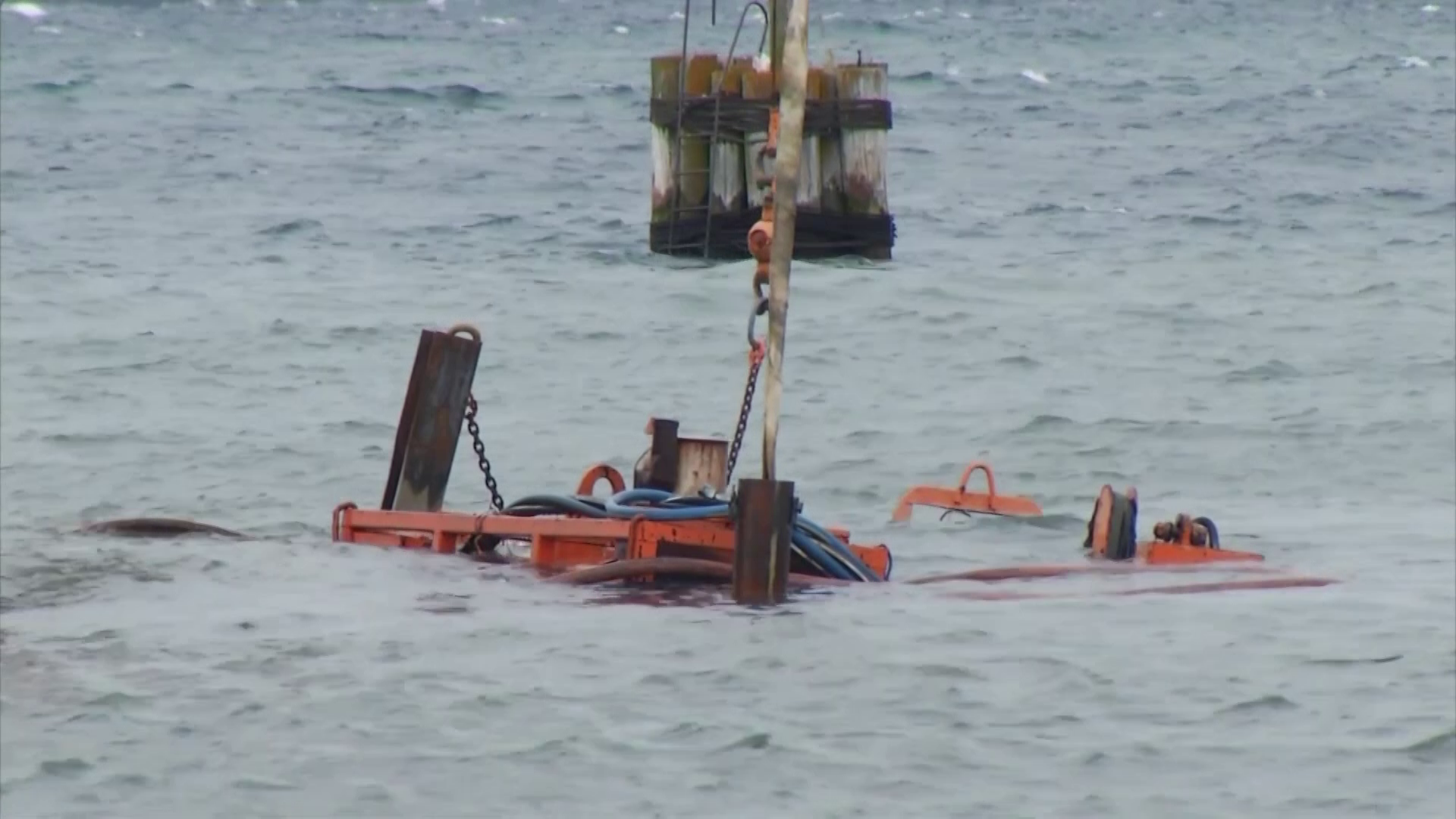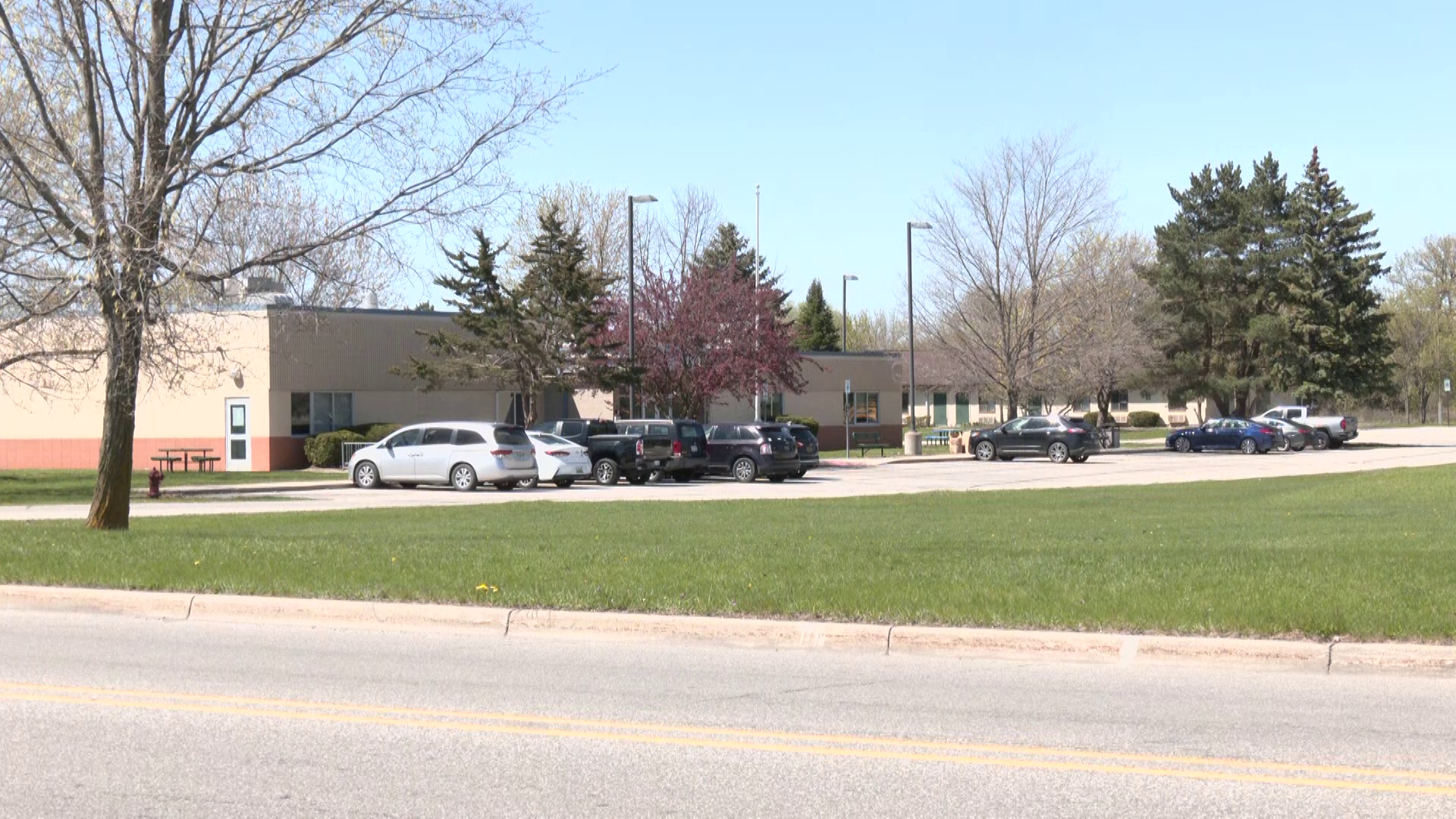


Rather than ‘Finding Nemo’ (the popular Disney film depicting a fish’s journey to find his son), students at Traverse City’s Greenspire Middle School are learning to be a voice for Nemo and all of the creatures in the deep, blue sea. It’s part of larger climate change curriculum.
“The kids learn that even though we’re so far away from the ocean that these small things that we do here still have an impact on the ocean,” says Science and STEM teacher, Kris Galoci.
One way the students have learned to take action in order to help the planet, is promote not mowing your lawn in the month of May.
“When you apply community wide effort of people not mowing their lawns it just allows many of what we would consider weeds but wildflowers to grow,” says Galoci. “It gives those insects and pollinators a chance to establish their populations before we start mowing everything down and reducing them to certain areas.”
These pollinators play a crucial role in the agriculture industry in the area. Making sure plants are healthy and able to produce the food we eat.
To promote ‘No Mow May,’ students had a competition to see who could design the best sign that could be displayed in people’s lawns.
Wintery Mackey, 6 grade, won the competition with her design featuring a bunch of flowers and a friendly-looking bee.
“I was very excited that I knew that my poster was going to be in people’s yards hopefully it changes mowing your lawn,” she says.
The signs were printed and distributed Thursday after school to people interested in promoting this simple form of climate activism.
Of course, it comes with challenges as the City of Traverse City does not allow residents to grow their lawn grass taller than eight inches. They also have to remove certain noxious weeds.
Though the students haven’t taken steps towards advocating for policy change, Galoci says the students are definitely empowered to use their voice, hence the signs.
“We definitely try to empower the kids and let them know that their voice is important and their voice can be heard,” she says. “These kids are learning to be outspoken and upfront about their concerns, about the environment. Most of them don’t really hold back.”
She adds that if it was necessary, the students would be willing to go before council or other local government and advocate for a policy change that would allow pollinators to flourish in the flora of people’s lawns.



© 2023 - 910 Media Group


